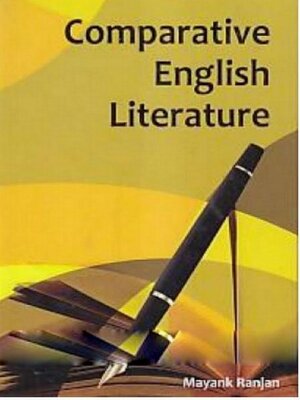
Sign up to save your library
With an OverDrive account, you can save your favorite libraries for at-a-glance information about availability. Find out more about OverDrive accounts.
Find this title in Libby, the library reading app by OverDrive.



Search for a digital library with this title
Title found at these libraries:
| Loading... |
The interdisciplinary nature of the field means that comparatists typically exhibit some acquaintance with translation studies, sociology, critical theory, cultural studies, religious studies, and history. As a result, comparative literature programs within universities may be designed by scholars drawn from several such departments. This eclecticism has led critics to charge that Comparative Literature is insufficiently well-defined, or that comparatists too easily fall into dilettantism, because the scope of their work is, of necessity, broad. Some question whether this breadth affects the ability of Ph.D.s to find employment in the highly specialized environment of academia and the career market at large, although such concerns do not seem to be borne out by placement data that shows comparative literature graduates to be hired at similar or higher rates than their peers in English. While in the West Comparative Literature is experiencing institutional constriction, there are signs that in many parts of the world the discipline is thriving, especially in Asia, Latin America, the Caribbean, and the Mediterranean. Current trends in Transnational studies also reflect the growing importance of post-colonial literary figures. As comparative literature reshapes itself in today's globalizing age, it is essential for students and teachers to look deeply into the discipline's history and its present possibilities.






